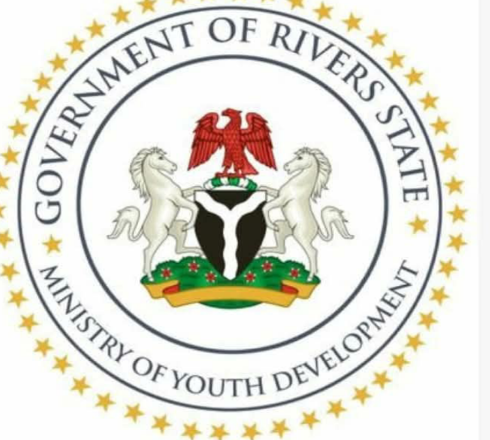For the first time in 44 years, Rivers State now has a structured policy for youth development, marking the end of decades without a clear roadmap for managing and empowering its youth.
This significant milestone was achieved through the efforts of the Stakeholder Democracy Network (SDN), an international civil society organization, which developed and submitted a comprehensive policy blueprint to the state government.
The development has sparked excitement among stakeholders in the oil-rich state, with government officials lauding the initiative. Chisom Gbali, PhD, Commissioner of Youth and Development, described the policy as a transformative tool during its formal reception.
“This will help to drive the youth and with the youth. It will guide the state. This is one of our greatest achievements of this ministry in 44 years,” Gbali stated.
Expressing optimism, the commissioner said Governor Sim Fubara, who has shown a keen interest in youth-related matters, would be thrilled to receive the document. “This is the first-ever CSO to develop a document like this.
Governor Sim Fubara will be excited to receive this because he has received good ideas to enable him mainstream people-oriented policies. It has been 44 years of wallowing in darkness in this ministry.”
Gbali assured that the policy would be disseminated across the state’s 23 local councils and other stakeholders. He highlighted the state’s youth demographic, noting that nearly 80% of Rivers State’s population is made up of young people. He also debunked stereotypes about the youth, emphasizing their readiness to excel if given the right guidance.
Rad Also: Rivers State Government to Transform Cultural Centre into Art Training School
Rivers Women Protest Vigilante Killing, Demand Justice
“Our youth are ready. All they need is to show them what to do. You will see the manifestation of this effort. Rivers State people are happy with you, so do more. It is a rising tide of peace and rains of peace,” he added.
Christiana Ibinabo Idasefiema, SDN’s project officer, presented the policy document and emphasized its aim of enhancing accountability and addressing the needs of the youth.
“This is about policy that speaks to the needs of the people. SDN is about inclusivity and this is a significant milestone. We believe it will not be left on the shelf,” she said.
Highlighting key thematic areas such as ICT, agriculture, and the creative industry, Idasefiema described the initiative as a means for young people to create their own jobs, emphasizing the potential for youth empowerment in these sectors.
ThankGod Okorisha, a journalist and development practitioner working with SDN, introduced the framework as an all-encompassing policy designed to drive sustainable development. Franklin Nelson, Executive Director of the Community Resource Development Foundation (CREDEF) and a partner in the project, expressed pride in being part of such a historic effort.
“This project sets the youth of the state on a path of guided development for economic acceleration,” Nelson remarked.




